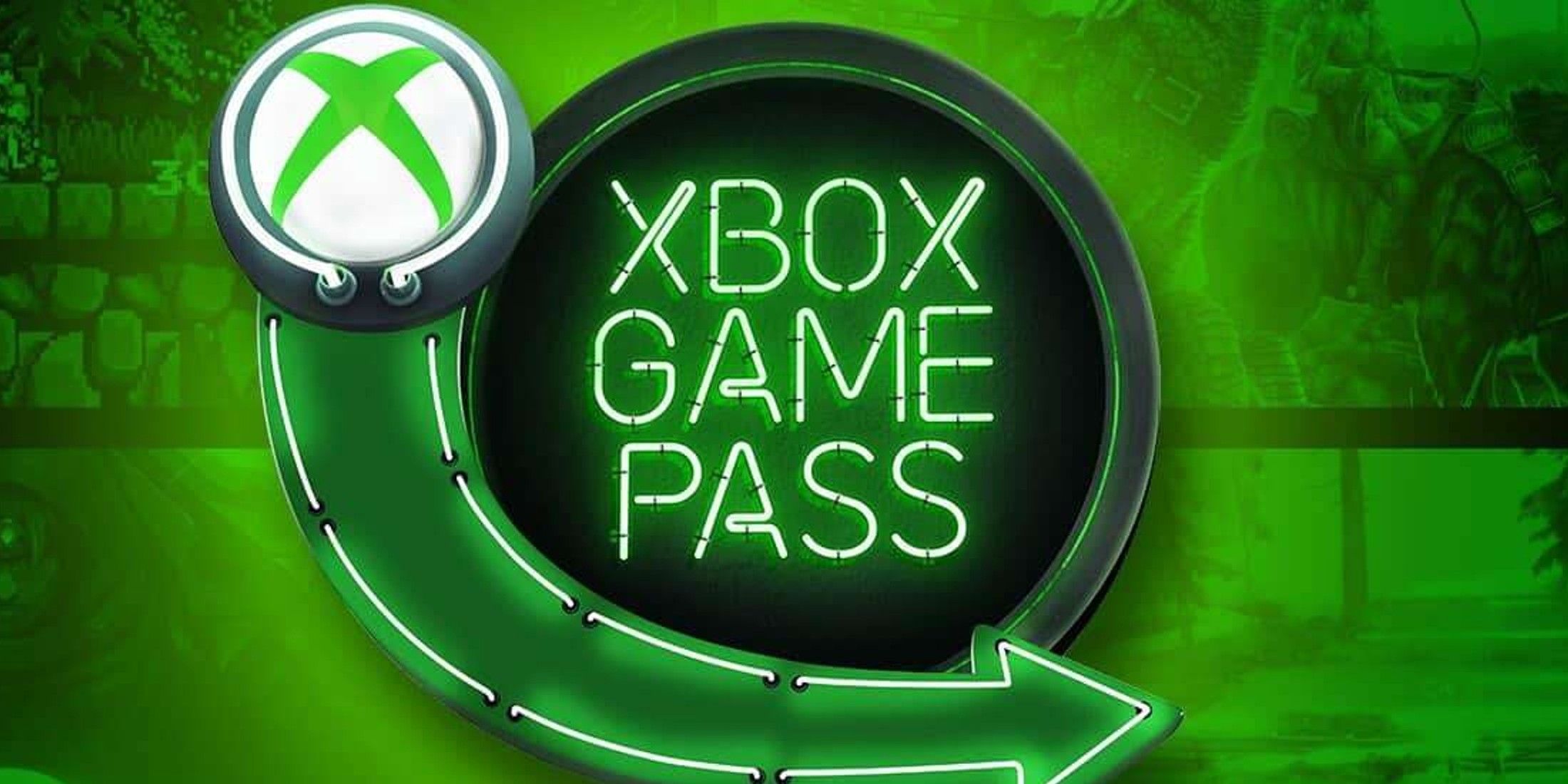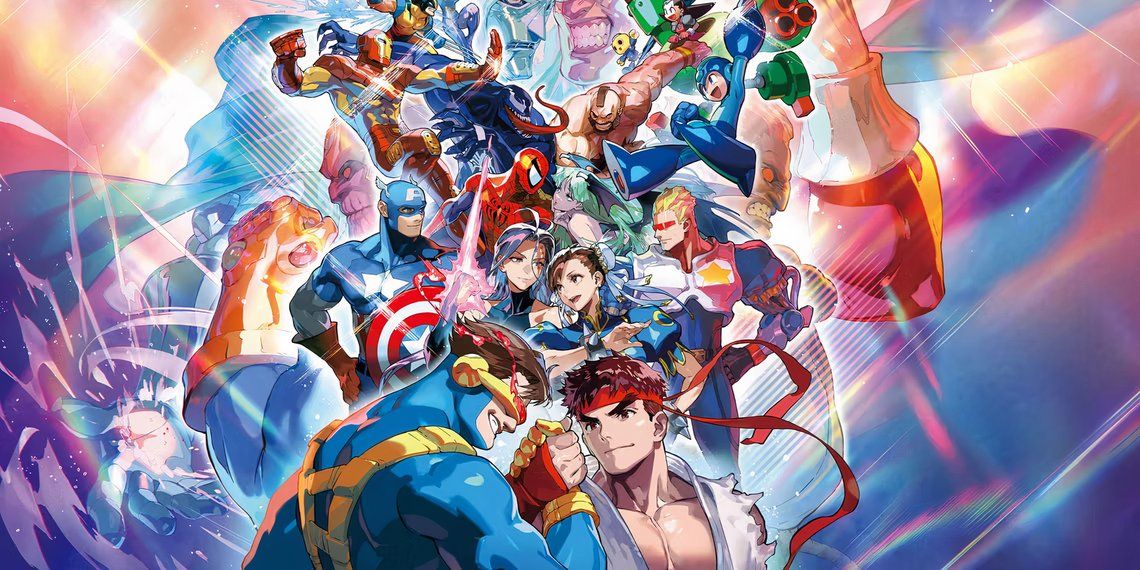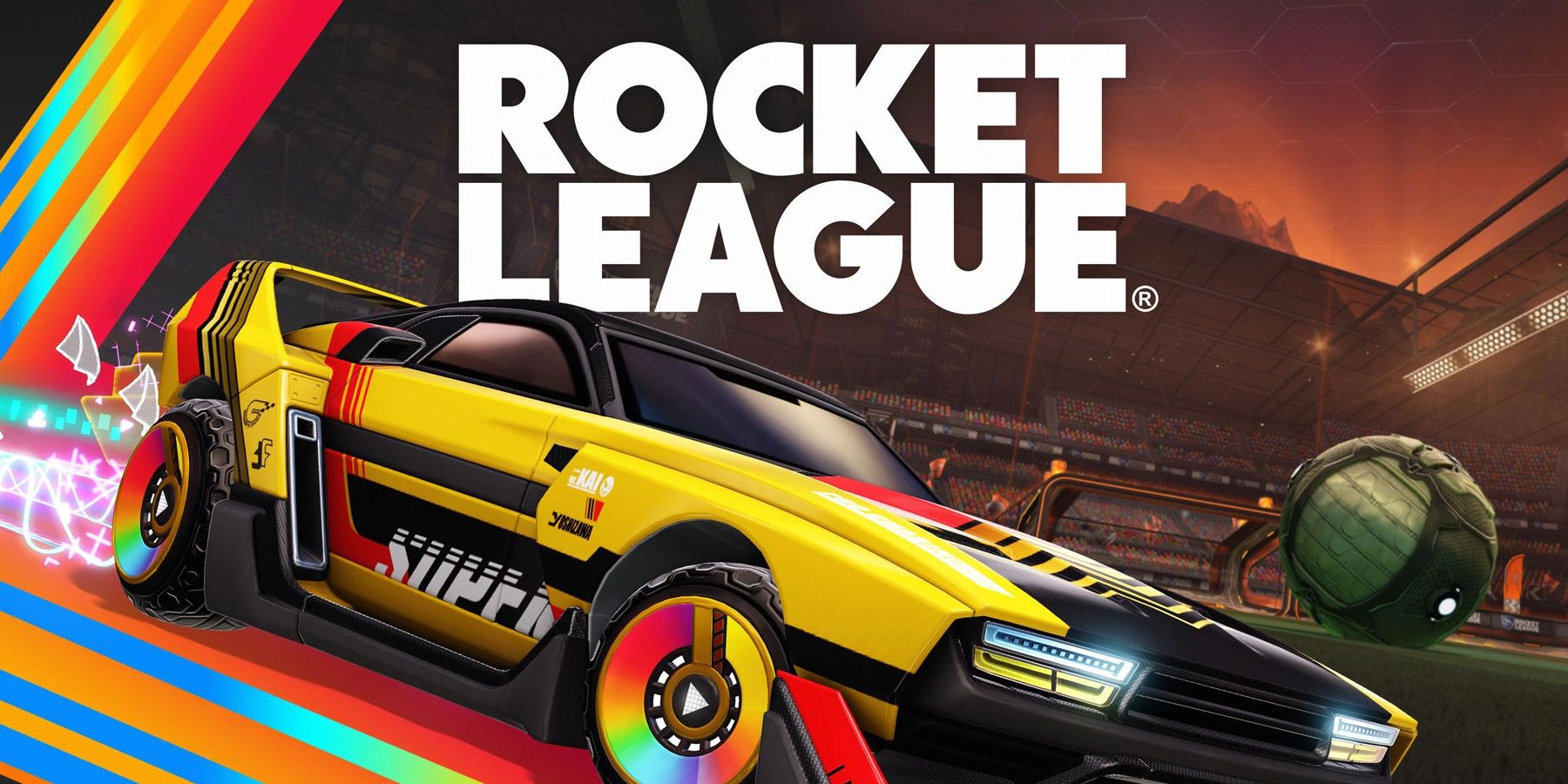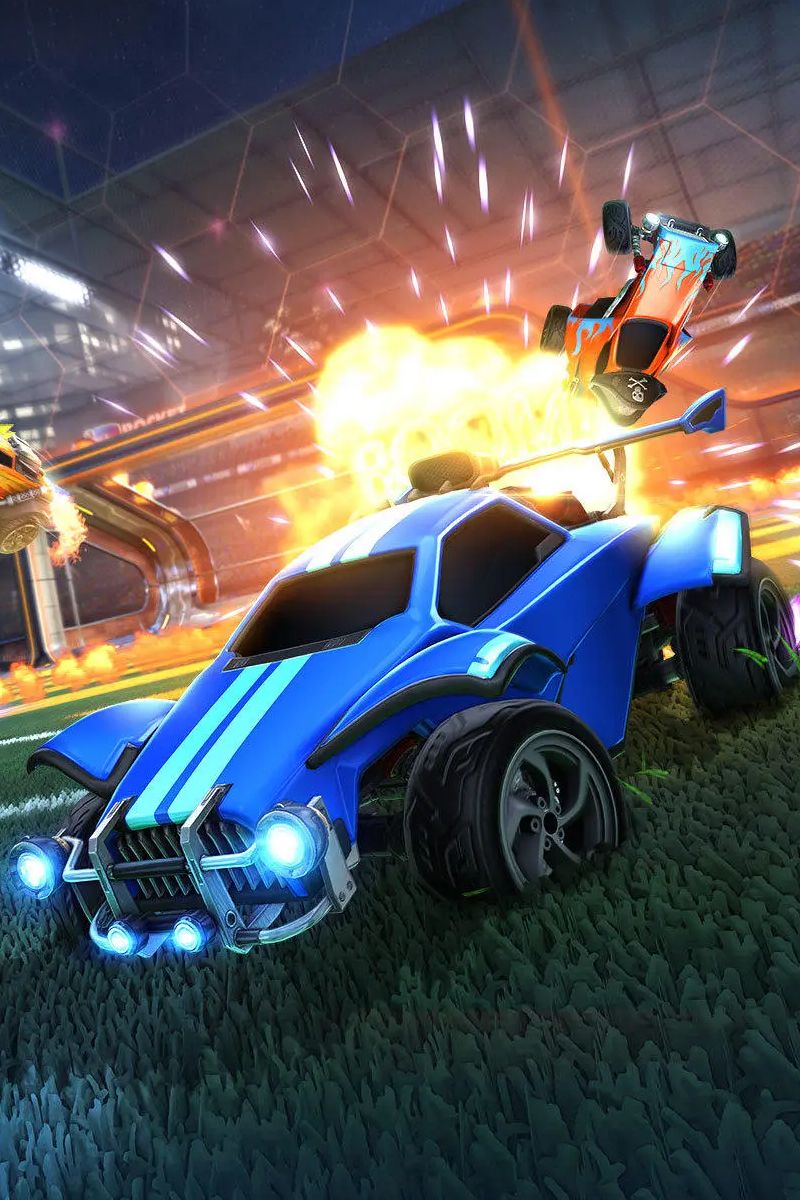NBA 2K, Madden, and FIFA (now EA Sports FC) are among the best-selling games in any given year, across all platforms and virtually every demographic. The relentless success of these titles has hardly been slowed by even the most poignant criticisms and controversies. Companies like Take-Two have even been sued by players unhappy with the state of such sports games, but this has done little to oppose the cold, hard sales numbers of these ubiquitous titles.
But things might not be this way forever. The indie scene has seen an explosion of sports games in the past decade, with darlings like Rocket League proving that alternatives to the likes of 2K and Madden can exist, and with rabid demand for them. Rocket League, a game that combines the arcade driving of Mario Kart with the ruleset of soccer, is a wild and chaotic game that is hard to master and even harder to forget, standing out amidst a sea of homogenous mainstream sports titles. Rocket League isn't the only creative indie sports game on the market, and with countless other small studios looking to land a hit in the competitive gaming space, traditional sports games could be facing some stiff competition.
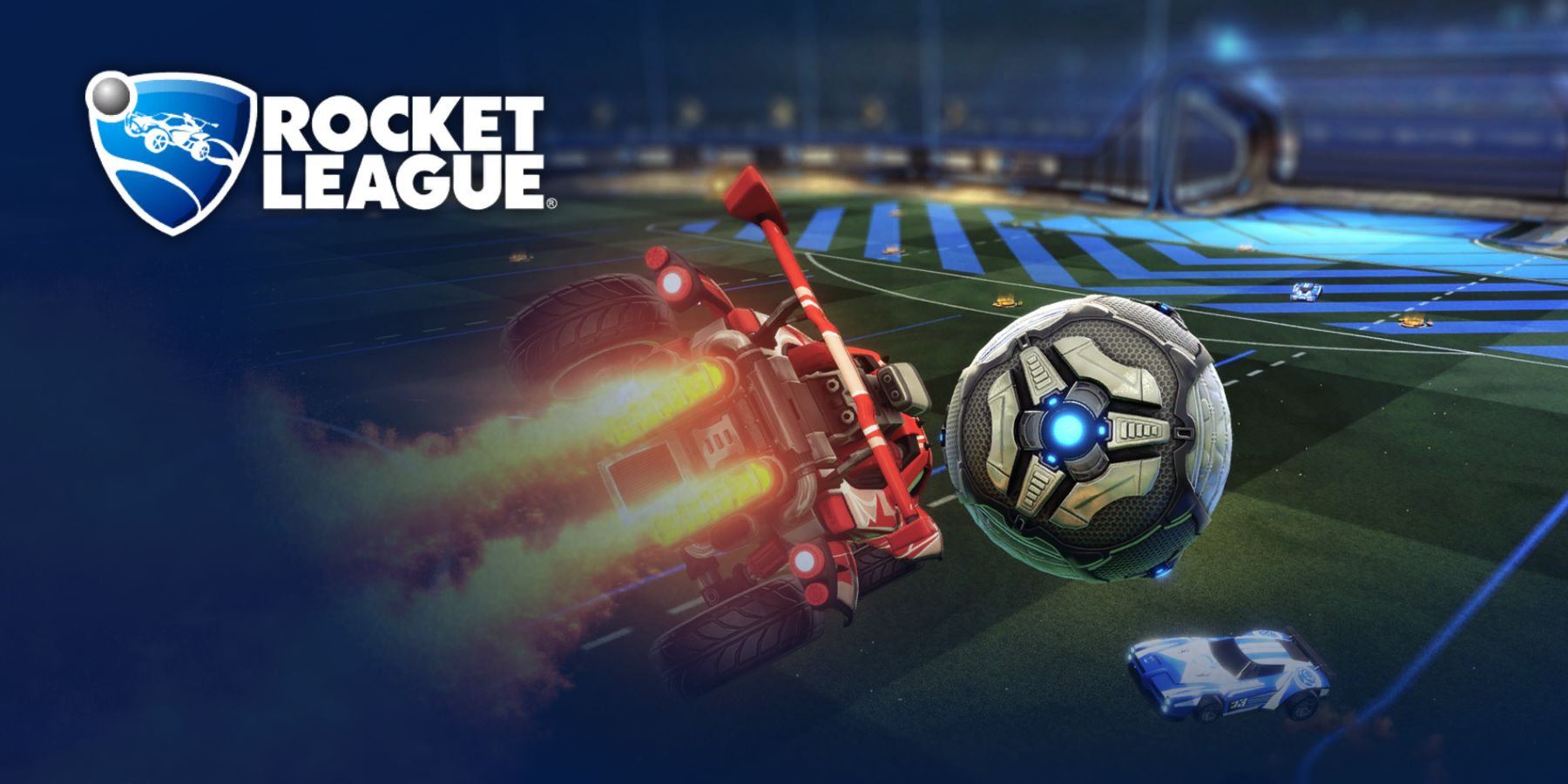
The Unwritten Rules of Rocket League Explained
Coordination and communication are key for team play in Rocket League, but knowing these unwritten rules can make multiplayer less chaotic.
Traditional Sports Games Could Be Usurped by Rocket League-Style Indies
AAA Sports Titles Have a Lot of Problems
Franchises like NBA 2K catch tons of flak with each release, and oftentimes for good reason. 2K, Madden, and FIFA are all infamous for recycling content across each full-priced release, with many considering the $70 price tag far too steep for what each new entry actually offers. New sports games from Take-Two and EA can often feel like more of the same, but since these companies will shut down servers after a game has been out for a few years, those playing the games for their online components are compelled to buy the newest release, even if the product itself is effectively no different.
Lack of innovation is only part of the problem, though. Despite massive budgets, these games often lack polish, boasting poor performance, out-of-date visuals, and bugs—something that was exemplified by the most recent Madden title. And of course, one can't discuss these sports games without mentioning their microtransactions, which are among the industry's most egregious. These problems, coupled with miscellaneous issues like aggressive in-game advertisements and lackluster campaign modes, contribute to an overall sense of low standards, which doesn't seem to be changing anytime soon.
Indie Sports Games Are Rife With Potential
Rocket League is a good example of a successful, creative indie sports game, but it's far from the only one. Other great, unique indie sports games include:
- Golf Story
- Super Mega Baseball 3
- Legend Bowl
- Windjammers 2
- Pyre
The above examples are all wildly different in several ways, but they share a core similarity: they are all pursuant to a strong creative vision. A game like Golf Story might not have Tiger Woods as a playable character, but it does allow players to explore a semi-fantasy world and tee-off virtually anywhere, all while experiencing a bitterly hilarious, satirical story. None of these games are beholden to tradition, shareholder expectations, or any other such special interests that would encourage controversial inclusions like in-game ads, microtransactions, or an unjustifiable yearly release schedule.
More than anything, though, these games represent incredible potential for their corner of the indie scene. Right now, it feels like franchises like NBA 2K can get away with microtransactions, lack of innovation, and generally lower than acceptable quality simply because there are no other real alternatives. Big companies have an iron grip on the sports genre, but talented indie devs with a strong vision, commitment to creativity, and more to lose, could be loosening it.

